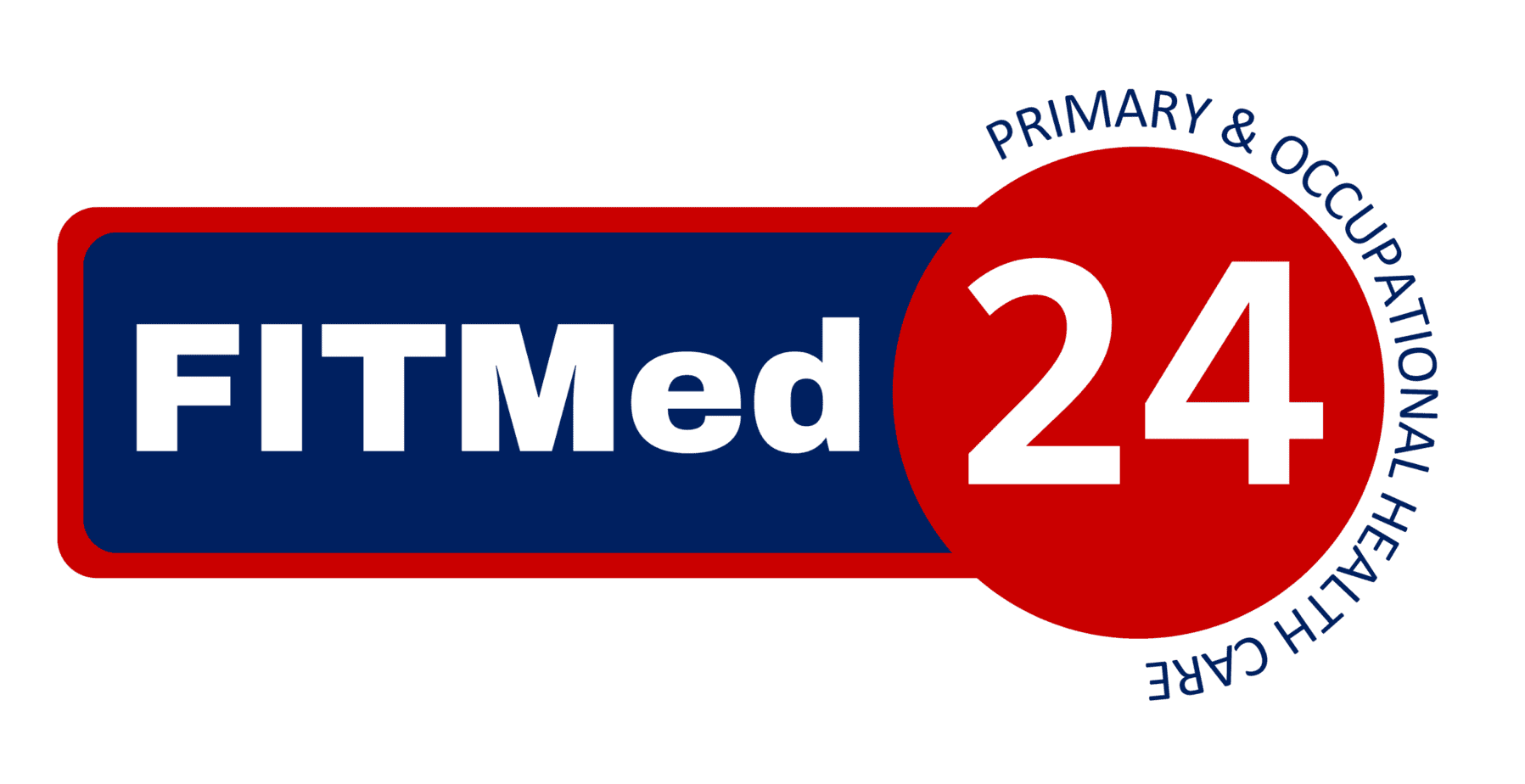How Occupational Health Services and Those of Your GP Differ
Among the most likely reasons for the average patient to visit his or her general practitioner is to seek treatment for some minor ailment, such as a cold or flu. Others may do so for a routine check, such as those that are important to the management of chronic conditions like diabetes and hypertension. Still others may have been requested to attend by a life insurance company, in order to undergo some routine tests prior to being granted cover. Nobody, however, is likely to present himself at the reception desk and declare that he is there to find out whether or not he has the physical qualities required to work in a coalmine or for a job as a steeplejack. Nevertheless, such evaluations are both necessary and available, but are strictly the responsibility of a practitioner who is qualified and registered to provide occupational health services.
Should one suffer an injury or an illness that necessitates an absence from work, a GP can, of course, issue a certificate to corroborate this. Likewise, he or she should be able to examine the individual concerned and declare him or her fit to return to work and, in most cases, to provide a certificate to the employer confirming this assessment, if required. However, where the illness or injury in question may have been work-related, it is probable that the opinion of a GP may lack legal standing, and only that of someone formally engaged in providing specialised occupational health services may be legally acceptable.
As hinted at earlier, the role of these specialists also includes evaluating the physical suitability of an individual to undertake certain types of work. Many occupations involve tasks that pose unique physical challenges. Because of this, it is essential to only select those who, as determined by a suitable medical examination, appear able to cope with such demands without risk to their wellbeing or to the quality of their work. A steeplejack, for instance, is required to work at extreme heights and therefore requires excellent balance without a hint of vertigo. This is just one example among a wide range of specialised examinations that fall to the doctors, nurses and technicians who, together, are responsible for delivering the country’s occupational health services.
Screening the fitness of prospective and existing employees, however, is only one part of the responsibility undertaken by these specialists. Inspecting the workplace to identify any potential health and safety hazards, providing advice regarding the most effective measures with which to overcome them, and ensuring that these recommendations are duly implemented are all equally important contributions to the overall success of an OH project.
FITMed24 is a Gauteng-based operation staffed by registered doctors and nurses, all specialists in this field. In addition to site inspections, we also offer a range of comprehensive medical examinations tailored to meet the needs of a range of industries, including construction, mining, aviation and food handling, as well as for screening those who are required to work at height. These examinations form an important part of our occupational health services, and are routinely offered from our well-equipped premises in Kempton Park. However, we also operate a fleet of mobile units and staff to conduct large-scale medicals on site where this option is preferred.

